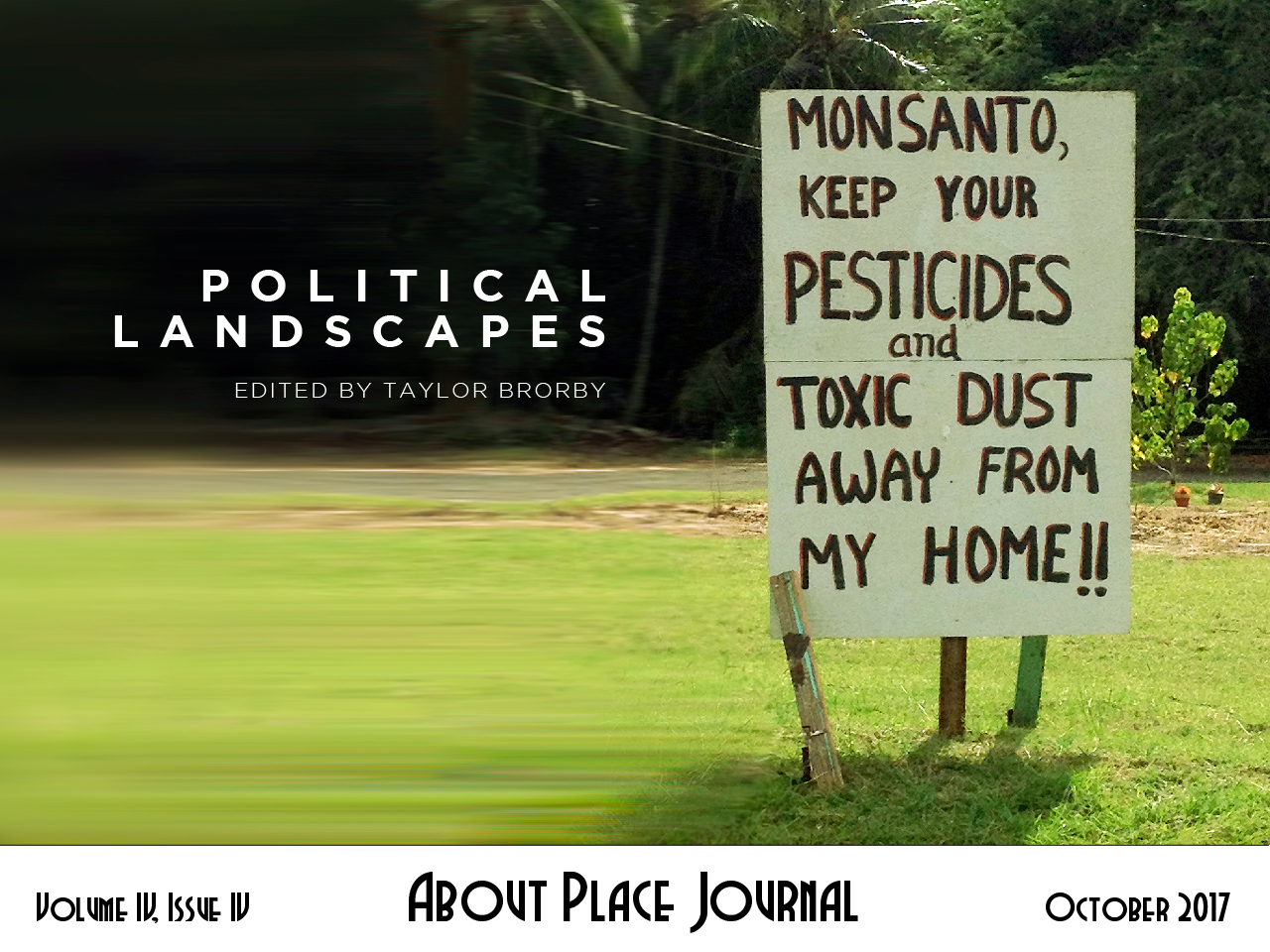Bangor, PA
rate for high schoolers in America in 1990
to go along with an undefeated football team,
maybe the best in this Keystone state,
a team filled with boys raised big on homegrown
corn. The Slaters. Our mascot, a miner of slate,
a double sided pick over his shoulder, but, in honesty,
maybe he should be an out-of-work, down-
on-his-luck miner, the pick leaned against
a long oak bar, our slate industry now dead,
not one active quarry dug into these hills, yet still
we have thirty-six taverns and bars for six
thousand women and men, mostly men, bars in
the small wheezing heart of city center,
bars in South Bangor, taverns in East Bangor,
in Martin’s Creek and Portland and Lower Mount
Bethel, those satellite communities, orbiting
our blink-and-you-missed-it, left-behind-by-the-
highway-took-all-the-traffic-to-Wind-Gap, dead star
of a town, bars on the black back roads, bars
tucked inside gun stores, buy a rifle, buy a Yuengling,
take some ammo and a thirty pack to go.
Those now abandoned quarries pockmark
our hills like zits, quarries now filled with frigid
water even in hottest summer, bottoms
so deep that we cannot even dream toward it,
only death survives in that darkness. Days,
we swim in cut-off jeans, nights, we abandon
clothes, tossed into useless piles like gathered
autumn leaves, beer cans scattered like buckshot
across brittle rock. Everything here is brittle,
even those nights in frigid water, in love, or what
we called love, maybe lust, maybe running, maybe
need like oxygen, like breathing through the necks
of those Yuenglings. Beside quarry water, fields of
emerald cow corn, not even sweet enough to eat.
Is that some kind of metaphor for Bangor? Beside those
fields, old slouching homes slouching toward dark soil,
a few scattered subdivisions infected with the first
wave of Jerseyites who ran here to run from higher
taxes or to work beside us in our factories, each factory
coughing into its own demise—Hoffman Roach, Atlas,
PP&L, BASF, Met Ed, Bethlehem Steel, and the others.
All with names like sad songs, all converting something
into something else—energy or cement or paint or
vitamins—and after we’ve worked here seventeen years
of third shift, these factories spit out the toxic waste
that was once the promise of our Bangor lives.


